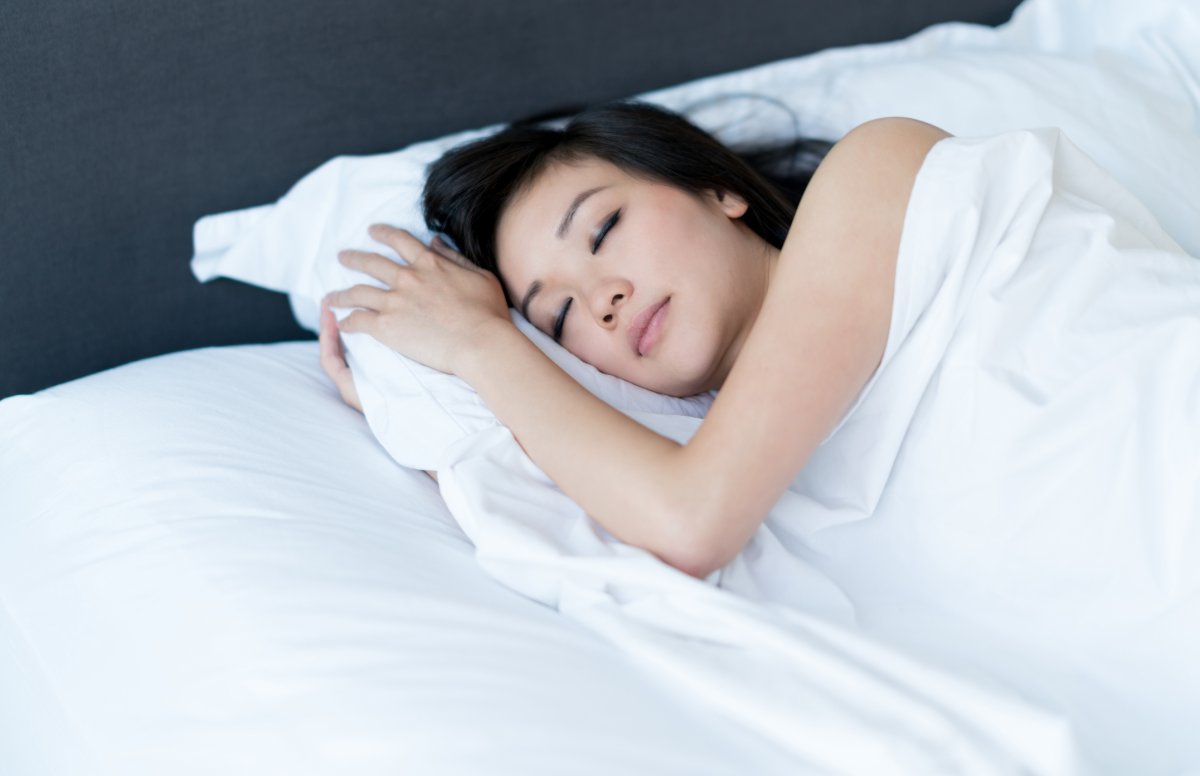The Global News and CKNW Health Series will be tackling the issues of sleep and stress. Today’s topic, insomnia.

Ever have trouble sleeping? You’re not alone.
Dr. Karen Jensen, a retired Naturopath and author of “Women’s Health Matters: The Influence of Gender on Disease”, says insomnia affects all ages, and that approximately 45 per cent of people have some sort of sleep disorder — whether they’re staying up, or they’re not able to sleep for some other reason.
“From my experience, I think the underlying cause of most of it is stress, the stress hormones.”
“Cortisol is, really, sleep’s enemy. Stress causes high cortisol, which causes insomnia or sleep problems. The other side of that is that insomnia — or not getting enough sleep — in and of itself is a stressor, and that causes high cortisol. So it’s like this vicious circle that many people have a very difficult time getting off of.”
She added different medications can cause sleep problems, and so can shift work.
“It throws off the body’s natural rhythms and our body clock. Our sleep-wake cycle, our eating, hormone regulation cycle, sleep apnea, blood sugar imbalances … the list goes on.”
“If we were to generalize I think the underlying cause is probably stress-related issues, which lead to anxiety or inflammation and cause problems with sleep.”
She said they’re hearing more about how time adjustments, from jet-lag to changing the clocks an hour in the spring and fall, affect concentration, performance and reaction times.
“By choice, we’re staying up a lot later outside of nature’s rhythm. That upsets our melatonin, which is secreted to help us sleep. All of these things cause disruptions to our body rhythms.”
Jensen said long-term insomnia can cause chronic conditions like heart problems, hormone disruptions, weight gain, and even cancers due to added stress on the body.
She explained even stressors in the environment and the food people eat — like sweets or coffee too late in the day — can overstimulate or disrupt the nervous system.
So what can you do? Go outside, even during a work break said Jensen.
She adds avoid stimulating foods and activities late at night, including exercise because for some people it will interfere with their sleep.
“Find something calming to do at night. Don’t watch TV too late.”
She said probiotics might help the body adapt to stress, and there are some natural health products to support the adrenal glands to assist the body in dealing with different stresses.






Comments